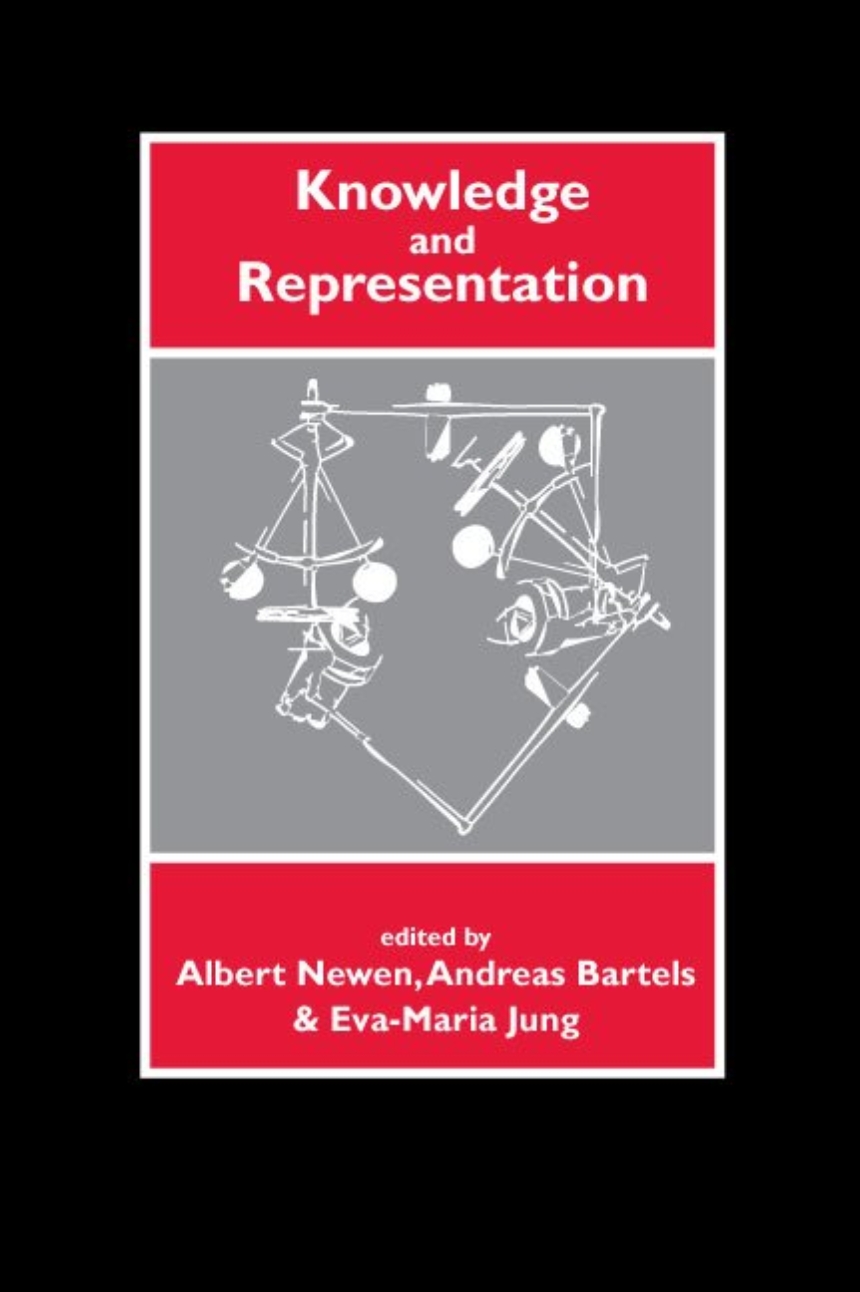Center for the Study of Language and Information
Knowledge and Representation
Distributed for Center for the Study of Language and Information
Knowledge and Representation
This compilation of cutting-edge philosophical and scientific research comprises a survey of recent neuroscientific research on representational systems in animals and humans. Representational systems provide their owners with useful information about their environment and are shaped by the special informational needs of the organism with respect to its environment. In this volume, the authors address the long-standing dispute about the usefulness of the notion of representation in the study of behavior systems and offer a fresh perspective on representational systems that combines philosophical insights and experimental experience.
Table of Contents
Preface
1. Knowledge and Representation in the Recent Discussion: An Introduction
Andreas Bartels, Eva-Maria Jung and Albert Newen
Part I: Knowledge
2. Intellectualism as Cognitive Science
Martin Roth and Robert Cummins
3. Intellectualism and the Language of Thought: A Reply to Roth and Cummins
Jason Stanley
4. Irreducible Forms of Knowledge—How in Patients with Visuomotor Pathologies: An Argument against Intellectualism
Garry Young
5. Understanding Knowledge in a New Framework: Against Intellectualism as a Semantic Analysis and an Analysis of the Mind
Eva-Maria Jung and Albert Newen
Part II: Representation
6. Representation in Analog Computation
Gerard O’Brien and Jon Opie
7. Representing Time of Day in Circadian Clocks
William Bechtel
8. The Explanatory Value of Representations in Cognitive Neuroscience
Kai Vogeley and Andreas Bartels
9. Varieties of Representation
Gottfried Vosgerau
10. Why Cognitive Neuroscience Should Adopt a “Pragmatic Stance”
Andreas K. Engel
Index

